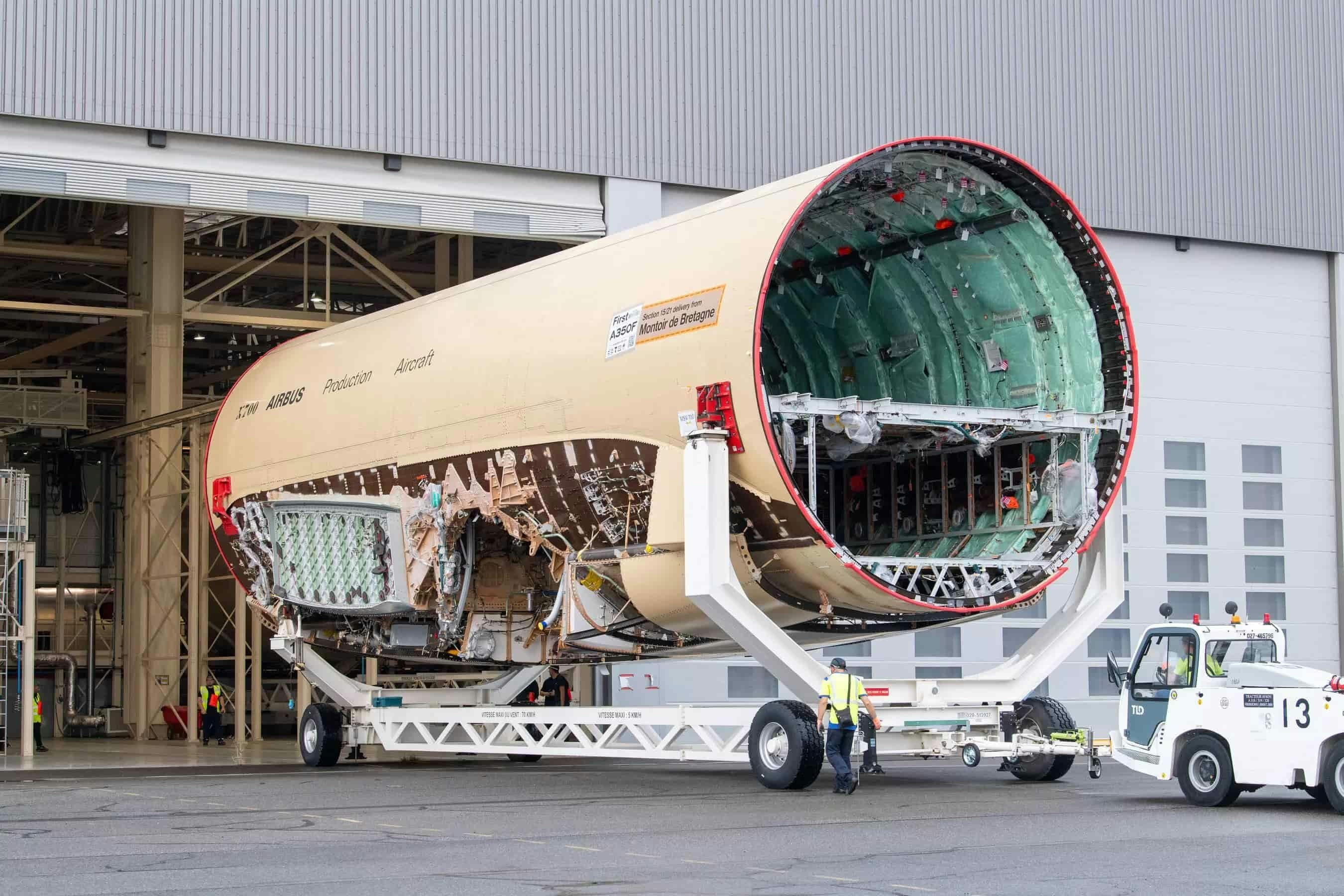AeroGenie — Il tuo copilota intelligente.
Tendenze
Categories
Airbus Plans A350F Delivery for Second Half of 2027

Airbus Confirms A350F Delivery for Second Half of 2027 Amid Industry Challenges
Airbus has reaffirmed its commitment to delivering the new A350 freighter (A350F) in the second half of 2027, despite facing ongoing supply chain disruptions and market pressures. The European aerospace manufacturer has commenced prototype assembly in Toulouse, with flight testing scheduled to begin next year, maintaining its revised production timeline.
Progress on Prototype Assembly and Testing
According to Airbus marketing representative Oliver von Tronchin, all necessary components for the first two prototype aircraft have been received, enabling the company to proceed with ground and flight testing as planned. The two prototypes will undergo rigorous evaluation throughout 2026 and into early 2027. The A350F will utilize the same engine model as the passenger A350, which is already certified, thereby facilitating a more streamlined certification process.
Final assembly of the first prototype began in Toulouse during the summer. Following assembly, regulatory authorities require comprehensive testing before the aircraft’s maiden flight, which is slated for next year. Von Tronchin noted that the interval between the readiness of the first and second test aircraft will be minimal. While flight testing will be conducted internally, Airbus intends to host customer events at select airports to showcase the A350F, mirroring the approach taken with the passenger variant.
Delays and Supply Chain Challenges
The A350F’s commercial launch has experienced several postponements. Originally scheduled for late 2025, the entry-into-service date was first deferred to early 2026 and subsequently pushed to the latter half of 2027. Airbus attributes these delays primarily to supply chain disruptions, particularly involving Spirit AeroSystems, the supplier responsible for critical aerostructures such as the central fuselage section. Spirit’s ongoing restructuring—driven by Boeing’s acquisition plans and the separation of its Airbus operations—has exerted additional pressure on production schedules.
Despite these setbacks, von Tronchin emphasized that Airbus has now secured all essential components and does not foresee further delays stemming from supply chain issues. He acknowledged that the previous postponements were largely due to challenges with Spirit AeroSystems.
Market Context and Competitive Pressures
The revised timeline for the A350F arrives at a critical juncture for Airbus, as the company contends with intensifying competition from both established and emerging players. China’s Comac, with its C919 jet, is rapidly gaining market share, particularly within the expanding Chinese aviation sector. Industry observers caution that any additional delays could create opportunities for Boeing and Comac to capture significant orders, as airlines worldwide seek to modernize their fleets amid growing demand.
Furthermore, Airbus’s involvement in the Future Combat Air System (FCAS) fighter jet project has raised concerns regarding resource allocation and its potential impact on commercial aircraft delivery schedules. Analysts warn that balancing military commitments alongside commercial production targets may further challenge Airbus’s ability to adhere to its ambitious timelines.
While Airbus remains confident in its current progress, the company’s capacity to deliver the A350F on schedule will be closely monitored by customers and competitors alike, as supply chain stability and evolving market dynamics continue to shape the aerospace landscape.

Emirates Unveils Cabin Design for New Boeing 777X

Eighteen Years On, the Airbus A380 Remains Central to a $34 Billion Airline

How a boom in luxury airline seats is slowing down jet deliveries

Navitaire Outage Attributed to Planned Maintenance

DigiYatra Debuts Outside Aviation at India AI Impact Summit

Vietnam Orders Strengthen Boeing’s Commercial Outlook

Airbus Signals Uncertainty Over Future A400M Orders

JobsOhio Awards $2 Million Grant to Hartzell Propeller for Innovation Center

Collins Aerospace Tests Sidekick Autonomy Software on YFQ-42A for U.S. Air Force CCA Program

How the Airbus A350-1000 Compares to the Boeing 777
